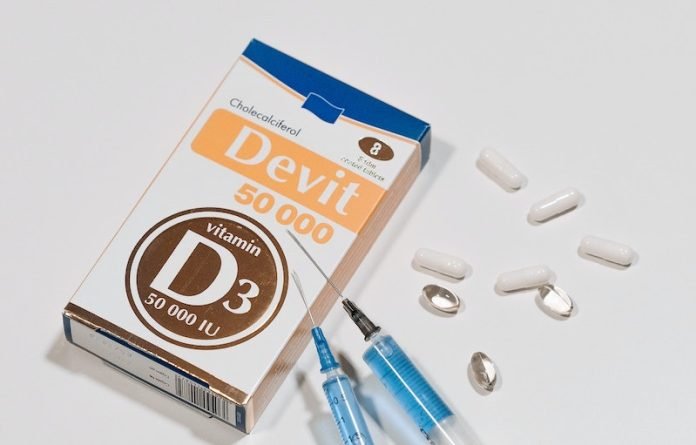
In a recent study from the University of Warwick and elsewhere, researchers suggest a vitamin D deficiency might increase the risk of bladder cancer.
The study adds to a growing body of evidence on the importance of maintaining adequate vitamin D levels.
Vitamin D, which the body produces through exposure to sunshine, helps the body control calcium and phosphate levels. Vitamin D can also come from food sources such as fatty fish and egg yolks.
Previous studies have linked vitamin D deficiency with a host of health problems including cardiovascular disease, cognitive impairment, autoimmune conditions, and cancer.
In countries with low levels of sunlight, it is difficult to obtain enough vitamin D from food alone.
In this study, researchers examined the link between vitamin D and bladder cancer risk. They reviewed seven studies on the topic, which ranged from having 112 to 1,125 participants each.
Five out of the seven studies linked low vitamin D levels to an increased risk of bladder cancer.
In a separate experiment, the researchers then looked at the cells that line the bladder, known as transitional epithelial cells, and found that these cells are able to activate and respond to vitamin D, which in turn can stimulate an immune response.
According to the team, this is important because the immune system may have a role in cancer prevention by identifying abnormal cells before they develop into cancer.
The team suggests that low levels of vitamin D in the blood may prevent the cells within the bladder from stimulating an adequate response to abnormal cells.
As vitamin D is cheap and safe, its potential use in cancer prevention is exciting and could potentially impact the lives of many people.
If you care about cancer, please read studies about the benefits of garlic for fighting cancer, and this nutrient is essential for preventing cancer.
For more information about cancer, please see recent studies about vegetable oil linked to the spread of cancer, and Vitamin D may benefit men with advanced cancer.
The study was conducted by Rosemary Bland et al.
Copyright © 2022 Knowridge Science Report. All rights reserved.



